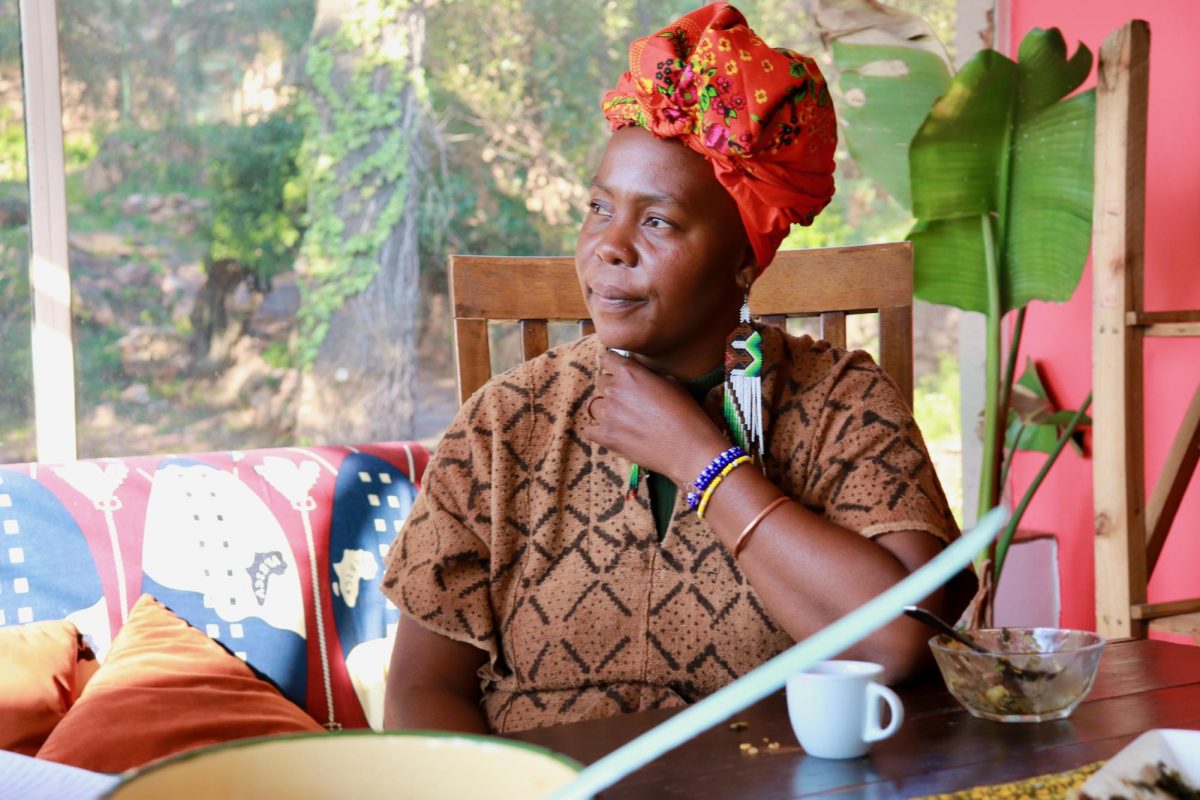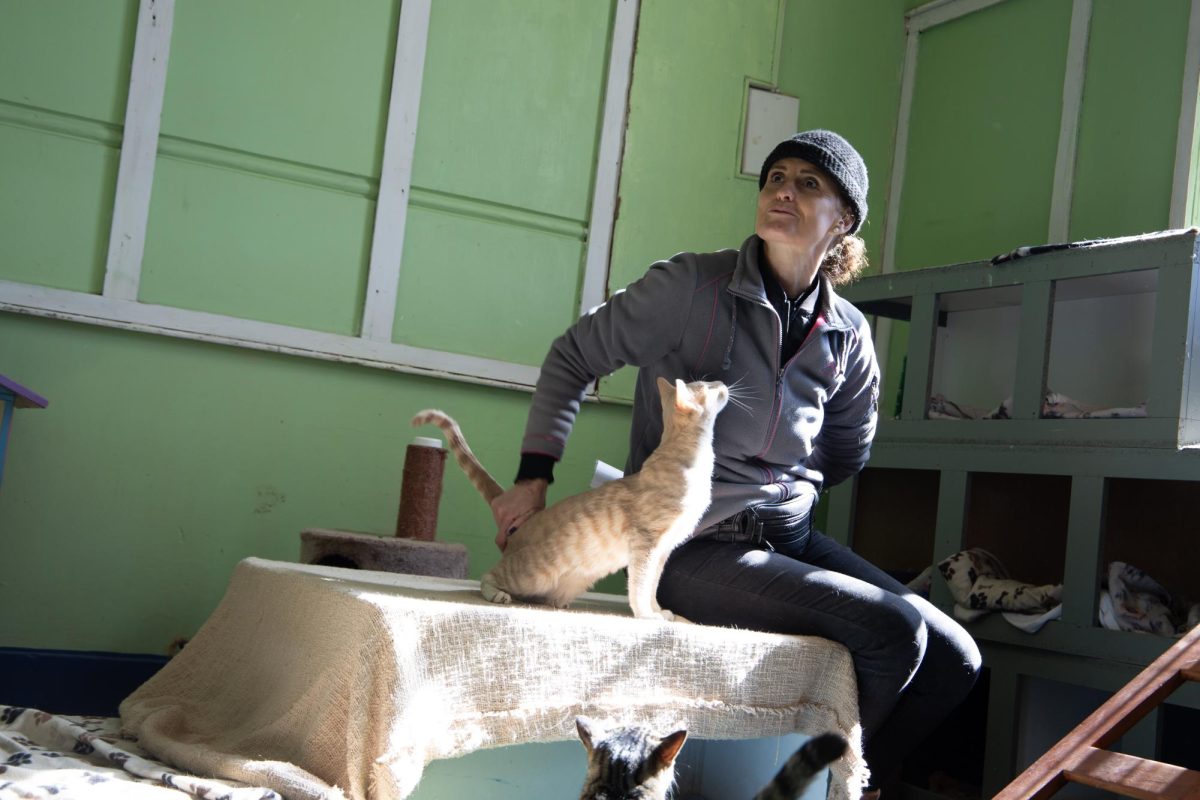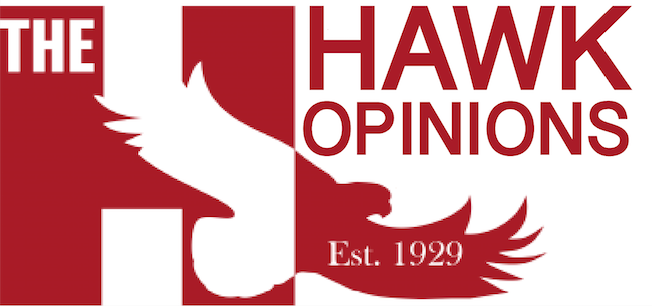Shopping ethically in spite of brand obsession
When I was in eighth grade, UGG boots were all the rage. Everyone owned a pair, varying in style and color, but each pair always had that little sewn tag on the back with the three magic letters, UGG.
Yet there I was with my off-brand pair of tan fluffy boots purchased for $20 from Payless. Identical in every way but one: the barely noticeable but extremely important logo stitched on the back.
I resented my “fuggs,” (a word specifically invented to shame anyone who owned fake UGGs), but I knew I would never receive those $160 boots for Christmas like all the other kids at my school. Why spend that absurd amount when Payless could provide the same warmth, comfort and appearance?
Since then, I have learned the true cost of those coveted UGG boots. Animal fur in exchange for social status. Not only were my knock-offs missing the label, but they were missing the wool that everyone seemed to think made all the difference in terms of comfort and fashion.
So many brands manufacture with fur, leather and suede, while the cosmetics industry employs animal testing on makeup, lotion and hair products. Even everyday household products, such as soap, toothpaste and cleaning supplies, are tested on animals.
Many of us have probably seen the outrageous campaigns on social media by the People for Ethical Treatment of Animal (PETA) that try to convince people not to buy animal products or eat meat. But the organization has become more of a meme than a movement for change. Their propaganda-like tactics are simply uneffective.
Knowing the truth about a company’s unethical production seems to have no effect on consumers in today’s world. We’re aware of the horrors of animal testing, we know what fair trade means, and we recognize the waste created by fast fashion. Yet we continue to turn a blind eye in order to keep up with trends.
Our culture is brand-obsessed. Whether it’s clothing stores, makeup brands or restaurants with questionable morals (see last week’s piece by Devin Yingling on “canceled culture”), we often find it impossible to find businesses that reflect our values. After all, no one makes boots quite like UGG or makeup like Maybelline.
I made the conscious decision to avoid buying clothing, shoes and accessories made from animal products during eighth grade. It wasn’t easy. I still had to walk around with my “fugg” boots. No one knew that it was now a decision of morality rather than just cost. All that my classmates saw was the Payless logo on the back.
Since then, there have been times when I’ve had to explain myself. It can be awkward to go out shopping and dig around for the tag to read the materials before pulling something off the rack.
Similarly, after deciding last year to cut out cosmetics tested on animals, a trip to Sephora requires some research now.
However, discomfort should not stop you from being a conscious consumer. Just because something makes you uncomfortable or takes more time doesn’t mean it’s not worth trying.
As consumers become more conscious, companies have been forced to follow suit.
I thought using only cruelty-free products would be difficult and expensive, but a wide variety of brands from high-end to affordable have made the transition.
By the end of 2018, Dove and Covergirl both announced they were moving cruelty-free, offering affordable drugstore options for everything from lipstick to shampoo. For those who prefer higher-end products, Tarte, Urban Decay and Glossier are among those with the cruelty-free bunny stamp of approval.
Shopping ethically is becoming more accessible and affordable, yet people still value appearance over awareness.
Our senses are constantly overwhelmed. We scroll through Instagram and see influencers wearing leather Gucci belts (even though Gucci banned the use of fur in 2018) or testing the latest Benefit product. Leopard print and snakeskin are in, raising questions about how far companies will go to make money off the fad.
Brand obsession goes beyond animal testing and manufacturing. We relentlessly ignore ethical, environmental and humane questions to maintain appearances.
It may seem hard to shop consciously, but it’s much easier once you get past the false sense of social capital that comes with brand names.







































